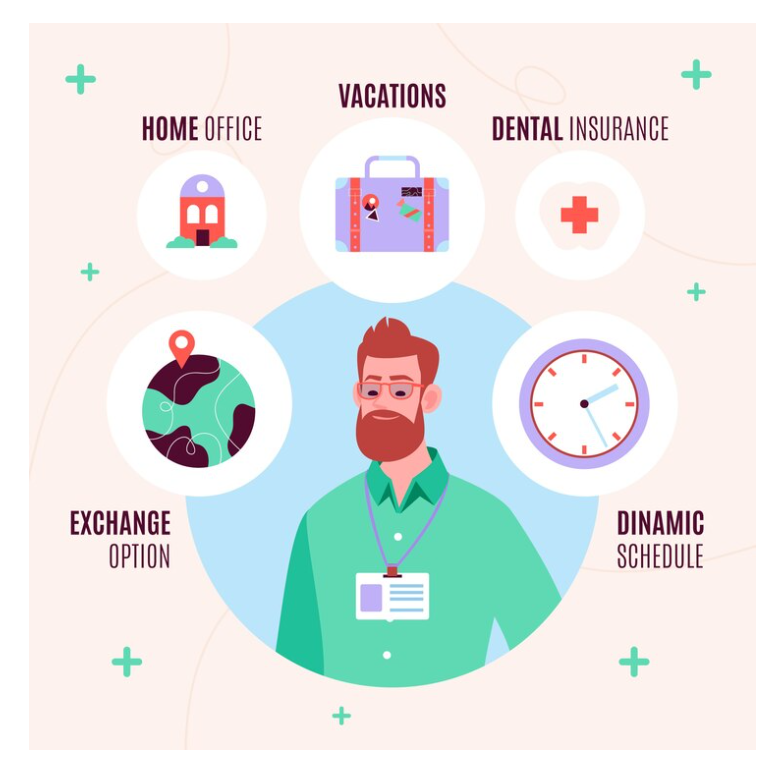
Living with Hepatitis B: Coping Strategies and Lifestyle Adjustments
Introduction: Living with Hepatitis B may present challenges, but there are strategies and lifestyle adjustments to help manage the condition effectively.
Understanding Hepatitis B
Hepatitis B is a viral infection that affects the liver. While some people with Hepatitis B may not experience any symptoms, others may have chronic liver inflammation, leading to long-term health complications.
Coping Strategies
- Education: Learn as much as you can about Hepatitis B to understand the condition and how it affects your body. Knowledge empowers you to make informed decisions about your health.
- Seek Support: Don’t hesitate to reach out to friends, family, or support groups for emotional support and understanding. Talking to others who are going through similar experiences can be comforting.
- Stay Positive: Maintain a positive outlook and focus on the aspects of life that bring you joy and fulfillment. Engage in activities that promote mental and emotional well-being, such as hobbies, exercise, and spending time with loved ones.
Lifestyle Adjustments
- Healthy Diet: Adopting a healthy diet rich in fruits, vegetables, lean proteins, and whole grains can support liver health and overall well-being.
- Limit Alcohol: Alcohol can worsen liver damage in individuals with Hepatitis B. It’s essential to limit or avoid alcohol consumption to protect your liver.
- Regular Exercise: Engaging in regular physical activity can improve liver function, reduce inflammation, and boost overall health. Aim for at least 30 minutes of moderate-intensity exercise most days of the week.
- Avoid Harmful Substances: Avoid smoking and illicit drug use, as these can further stress the liver and worsen Hepatitis B-related complications.
Conclusion
While living with Hepatitis B may pose challenges, adopting coping strategies and lifestyle adjustments can help you manage the condition effectively and maintain a good quality of life. Remember to prioritize your health, seek support when needed, and stay positive.
To seek medical advice, always consult a Doctor. Here are our recommended experts. Click here
To read more on Respiratory disease . Click Here


